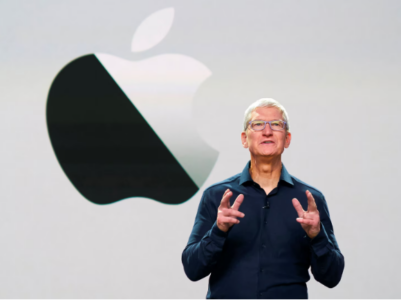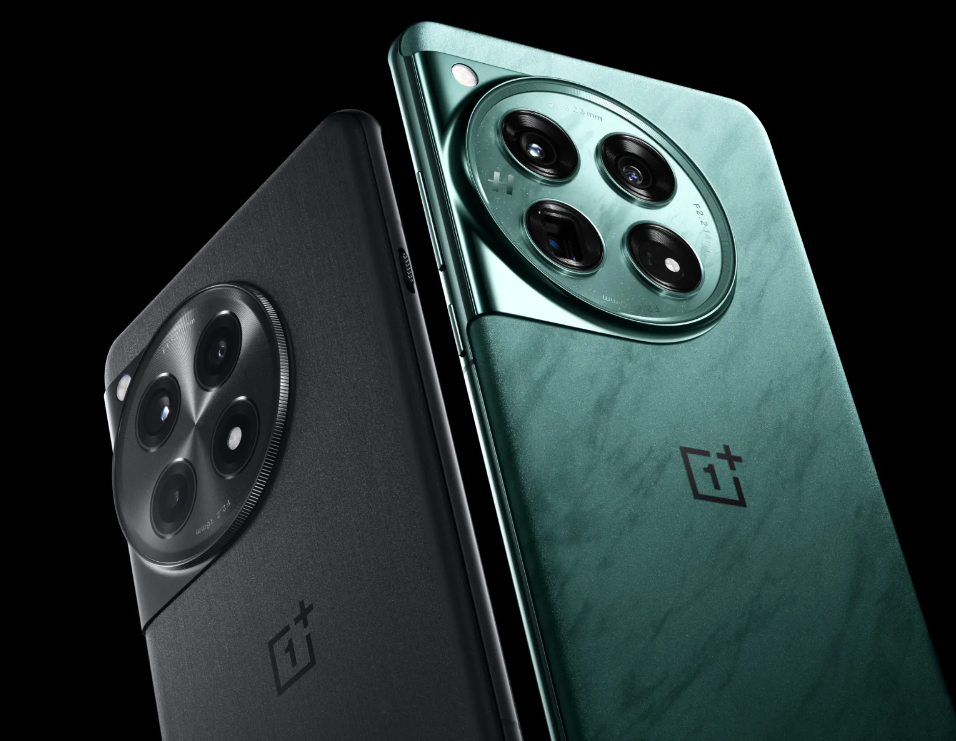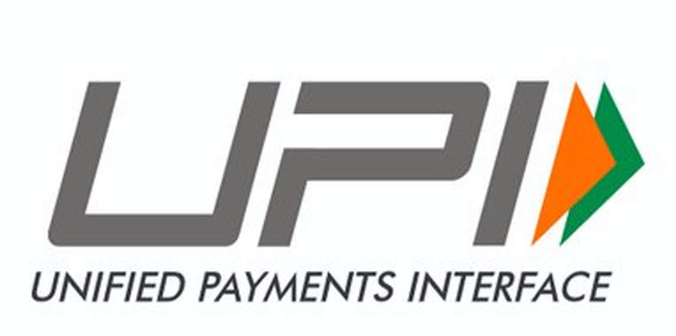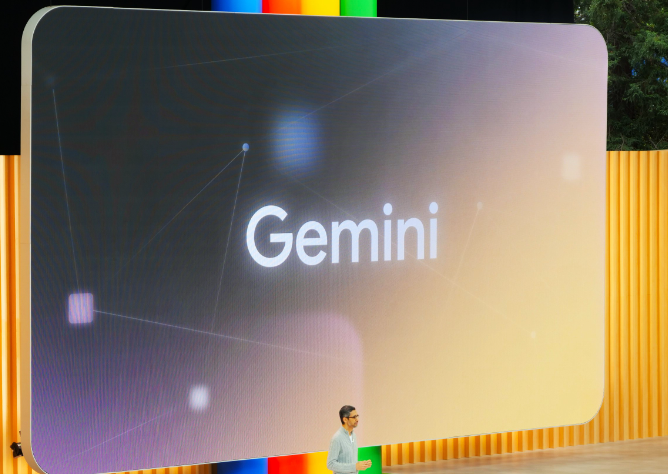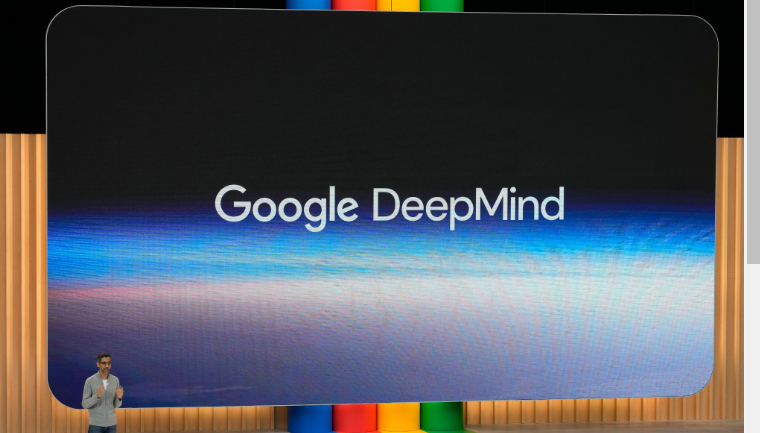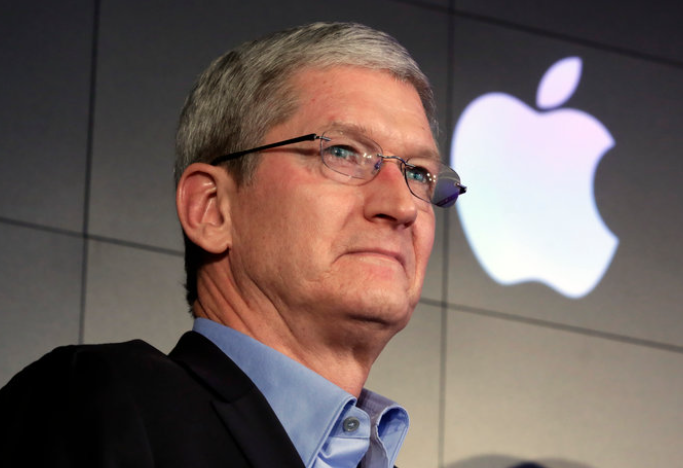
Apple has initiated payments to users as part of the settlement for the “batterygate” controversy, following a $500 million settlement reached in 2020 for a U.S. class-action lawsuit. The resolution involves compensating affected iPhone owners, with cheques being issued over three years after the settlement.
Compensation Details and Eligibility Criteria:
- The settlement, agreed upon in May 2020, set a minimum payment of $310 million and a maximum of $500 million.
- Eligible users include those who owned iPhone 6, 6 Plus, 6s, 6s Plus, 7, 7 Plus, or SE models running iOS 10.2.1 or later.
- The settlement addresses multiple consolidated cases from 2018 known as Batterygate, involving accusations of Apple violating laws.
Background of Batterygate Controversy:
- Apple faced allegations of secretly slowing down older iPhones with aging batteries.
- The controversy originated from Apple’s introduction of an iOS feature to temporarily throttle chips to mitigate the impact of aging batteries.
- Lawsuits claimed Apple failed to adequately inform users, leading to reduced hardware performance and suspicions of planned obsolescence.
Resolution and Payouts:
- Apple issued an apology in 2017 and reduced the out-of-warranty battery replacement charge to $29.
- Eligible users can now expect payments of approximately $92 per claim.
- The settlement addresses U.S. residents who owned specified iPhone models running specific iOS versions before December 21, 2017.
Ongoing Challenges for Apple:
- While the U.S. lawsuit concludes, Apple faces similar challenges, attempting to thwart a £2 billion lawsuit in the UK related to Batterygate.
- The company settled the U.S. lawsuit to avoid “burdensome and costly litigation.”
Current Status:
- Payments are underway, with eligible users receiving around $92 per claim.
- The settlement demonstrates the aftermath of Apple’s 2017 decision to throttle performance on certain iPhones without clear user notification, leading to the “batterygate” controversy.
Background
The “Batterygate” settlement refers to the resolution of a class-action lawsuit filed against Apple in 2017. The lawsuit alleged that Apple intentionally slowed down the performance of older iPhone models through software updates, in order to encourage users to buy newer devices.
Here’s a summary of the settlement:
- Who was affected: The settlement applies to U.S. owners of certain iPhone models (6, 6 Plus, 6s, 6s Plus, 7, 7 Plus, and SE) who ran iOS 10.2.1 or later and experienced diminished performance.
- What Apple did: Apple agreed to pay a minimum of $310 million and up to $500 million, depending on the number of claims filed.
- What iPhone owners got: Those who filed valid claims received payments of around $65 to $90 per phone. The deadline to file a claim was October 2020, so it’s no longer possible to receive compensation.
- Did Apple admit wrongdoing? No, Apple did not admit any wrongdoing as part of the settlement. The company has maintained that its throttling practice was a necessary measure to prevent unexpected shutdowns on devices with degraded batteries.
The “Batterygate” settlement was a significant event for consumer rights, as it held a large tech company accountable for allegedly deceptive practices.
